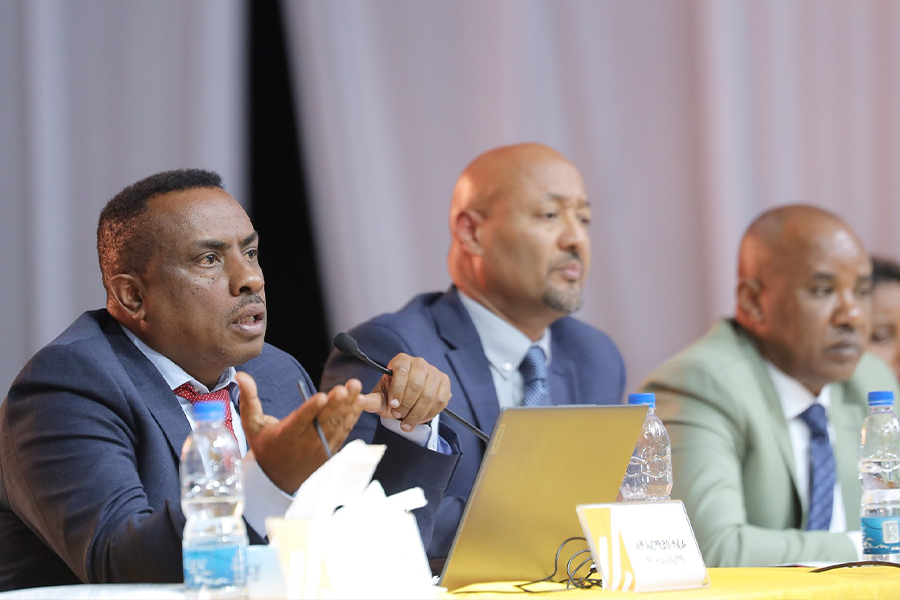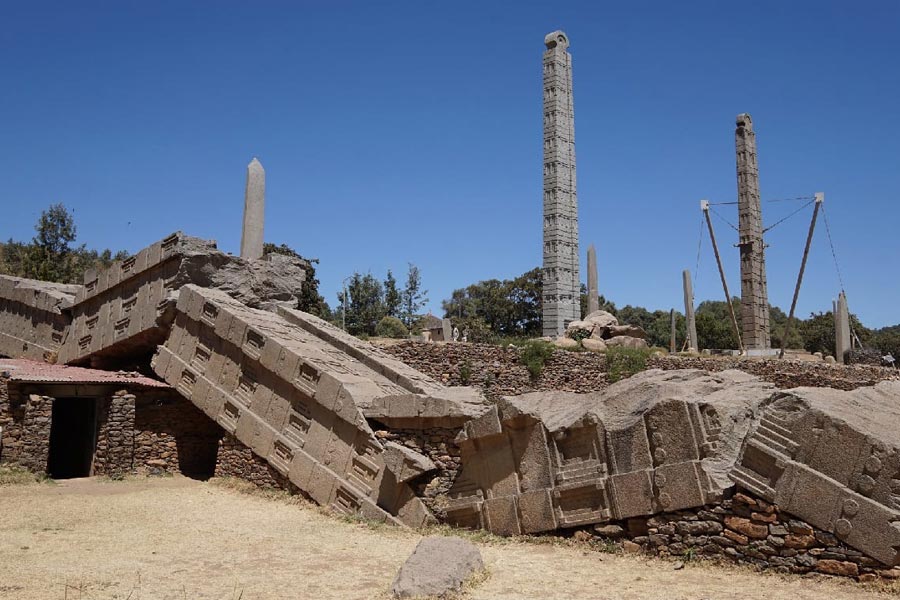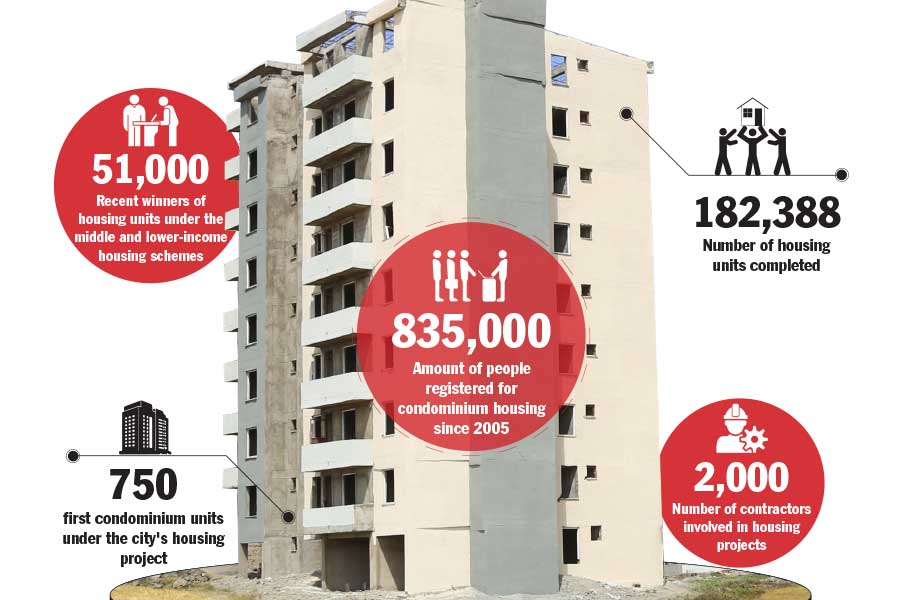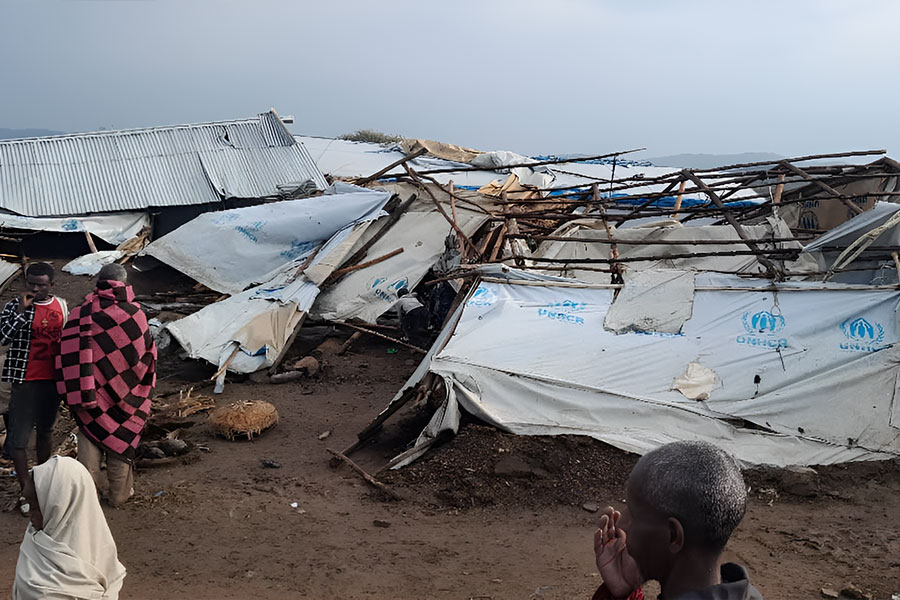
I saw a recent Facebook post by a friend revealing the map of Africa for the 34th edition of the CAF African Football Cup tournament. It displayed a glaring absence of nations from the East and Central regions. Ethiopia and Sudan, once integral to the establishment of the African Football Association in 1957, have been notable absentees for decades.
A champion in 1962, Ethiopia has struggled to qualify since the mid-1970s. The irony is palpable considering their pioneering role in African football's inception.
I recall a match that did capture attention was the clash between underdogs Namibia and giants Tunisia. The surprise victory for Namibia, with a stunning header by Deon Hotto, showcased the beauty of the game—the unpredictability that allows the unexpected to triumph. However, the euphoria was short-lived as Namibia faced a 4-0 thrashing by South Africa, emphasising the melodramatic nature of the sport.
Namibia drew against the group leader Mali and snatched enough points as they managed to qualify for the knockout stages. They seem to be the surprise team of the tournament alongside Equatorial Guinea leaving me wondering if this is the nation's cup for the underdogs. Footballing giants underperformed as Tunisia and Algeria faced an early exit while the Ivory Coast managed to qualify for the round of 16 by the skin of its teeth.
Despite Namibia's precarious standing and eventual triumph in the group, I found myself leaning towards supporting them. It is a sentiment familiar to any football fan—a loyalty that transcends results, supporting the team through thick and thin. With its troughs and crests, the roller coaster of emotions experienced during a game keeps fans engaged until the final whistle.
Football is unifying.
I recall a spontaneous trip to Sebeta town in the newly found Sheger City. It was driven by the adventurous spirit to explore the town. Although the landmark brewery was closed at the time of my visit, the day turned into an enjoyable experience when the local community gathered to watch an Arsenal match at the Grand Dima Hotel. The electric atmosphere both in the Hotel and inside the Emirates Stadium through the TV was contagious and a place where perfect strangers became friends.
It brought a memory when I watched the Netherlands play against Uruguay in the World Cup 2010 tournament. I was in Hong Kong and the bar was filled with Dutch fans who dressed in the unmistakable orange jersey of their team. Sitting next to a gentleman, we exchanged words about the famous Dutch striker Arjan Roben moments before he scored a game-changing goal when the house erupted with screaming. He shook me with both his hands on my shoulder shouting “Roben scored! Roben scored!”
For many, football is not just a sport. It is an emotional journey through societal dynamics and national identity. Usually referred to as the beautiful game, it has the uncanny ability to transcend boundaries, forge connections and create indelible memories.
In Ethiopia, where the fervour once echoed in the founding footsteps of the Confederation of African Football (CAF), the reality tells a different story—one of passion dwindling, disappointments lingering and a glimmer of hope for the future. The advent of premium cable TV services, offering access to top European leagues, has shifted viewership preferences. The paradox is evident—African stars originating from the continent's western part dominate European leagues, while interest in the continental tournament wanes. Whether it is the allure of European football or a resignation to Ethiopia's slim chances in the Cup of Nations, many, including me, seem to have forgotten the tournament is even taking place.
A key figure in establishing the Confederation and advocating for African football on the global stage was Yidnekachew Tessema. His contributions, from leading the CAF for decades to supporting the struggle against apartheid, deserve acknowledgement. The Stad Yidnekachew in Morocco stands as a testament to his enduring legacy, though it remains overshadowed in contemporary discourse.
In the digital age where information flows abundantly, the African Cup of Nations struggles to compete with global football spectacles. A bygone era was when people were glued to the black and white TV screen during the tournament. Today, with the world more connected, accessing sporting events worldwide is easier, but it comes at the cost of diminishing local fervour.
My friend quipped in his Facebook post that the East African countries that founded the CAF and contested in the first African Nations Cup are in the headlines of news channels for all the wrong reasons, football not being one. I yearn for the day when Ethiopia's national team becomes a formidable force in the tournament. For the time being, even qualifying is an uphill battle.
I remember the only one time in the last decade Ethiopia made it to the tournament. Even though our team made an early exit at group stages, the excitement and enthusiasm of the fans show that, maybe, just maybe, if Ethiopia made it to the tournament, viewership would spike overnight. Despite the trend of highlighting difficulties rather than achievements on the football pitch, its power to captivate hearts will endure.
PUBLISHED ON
Jan 27,2024 [ VOL
24 , NO
1239]


Editorial | Jun 07,2025

Fortune News | Nov 25,2023

Fortune News | Nov 09,2019

Fortune News | May 13,2023

Agenda | Aug 23,2025

Viewpoints | Jul 17,2022

Life Matters | May 17,2025

Fortune News | Nov 20,2023

Fortune News | Oct 22,2022

Fortune News | Feb 24,2024

Dec 22 , 2024 . By TIZITA SHEWAFERAW
Charged with transforming colossal state-owned enterprises into modern and competitiv...

Aug 18 , 2024 . By AKSAH ITALO
Although predictable Yonas Zerihun's job in the ride-hailing service is not immune to...

Jul 28 , 2024 . By TIZITA SHEWAFERAW
Unhabitual, perhaps too many, Samuel Gebreyohannes, 38, used to occasionally enjoy a couple of beers at breakfast. However, he recently swit...

Jul 13 , 2024 . By AKSAH ITALO
Investors who rely on tractors, trucks, and field vehicles for commuting, transporting commodities, and f...